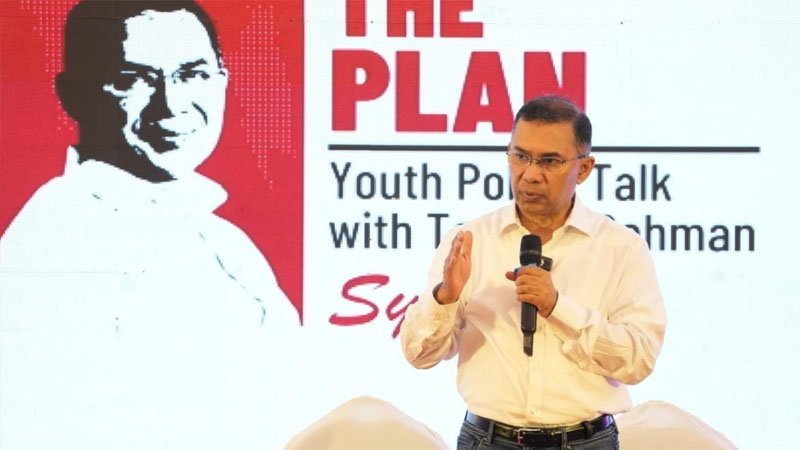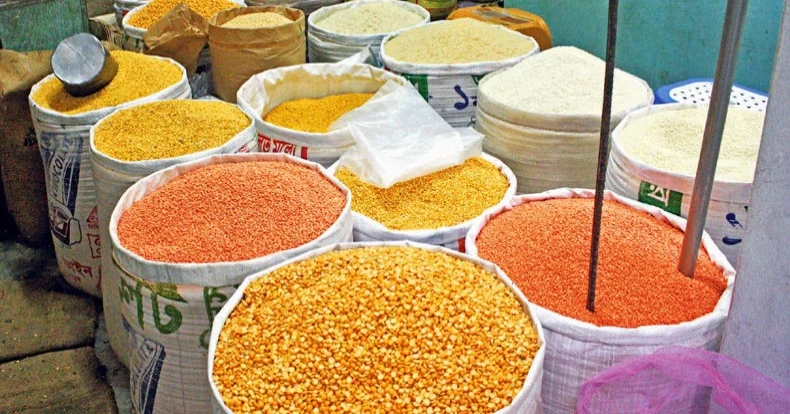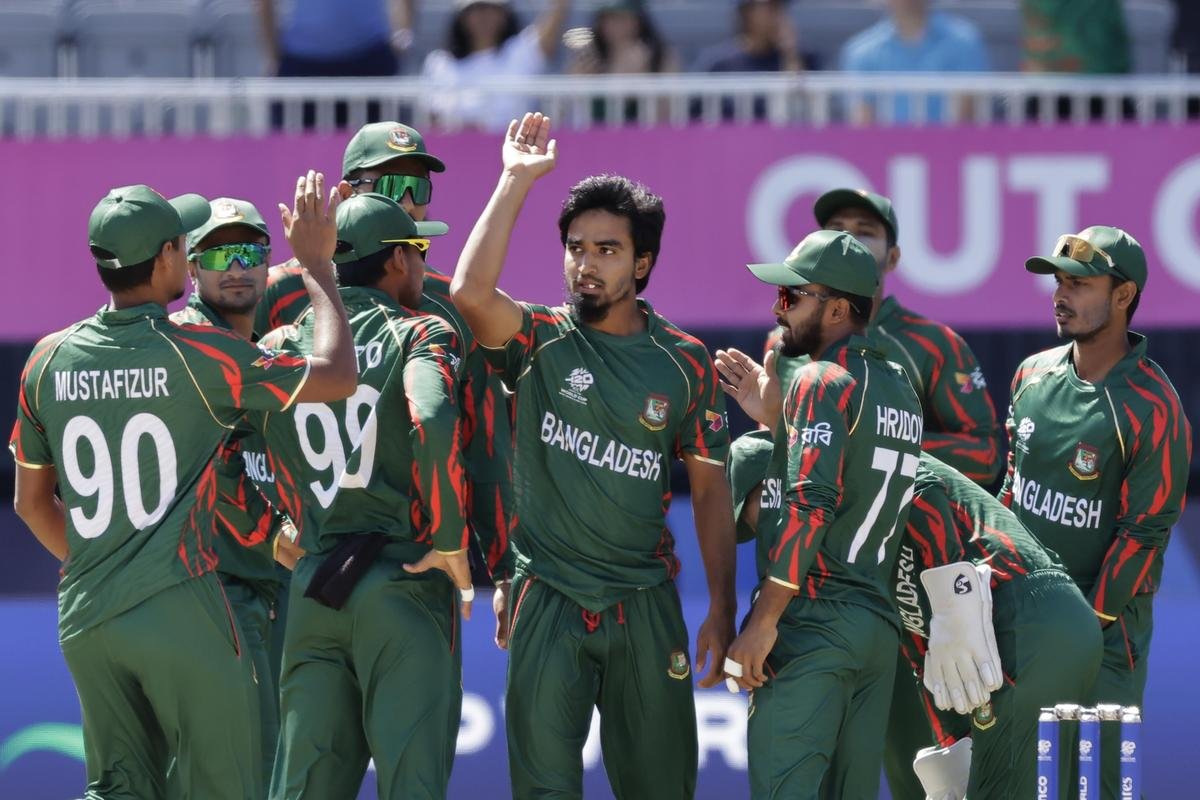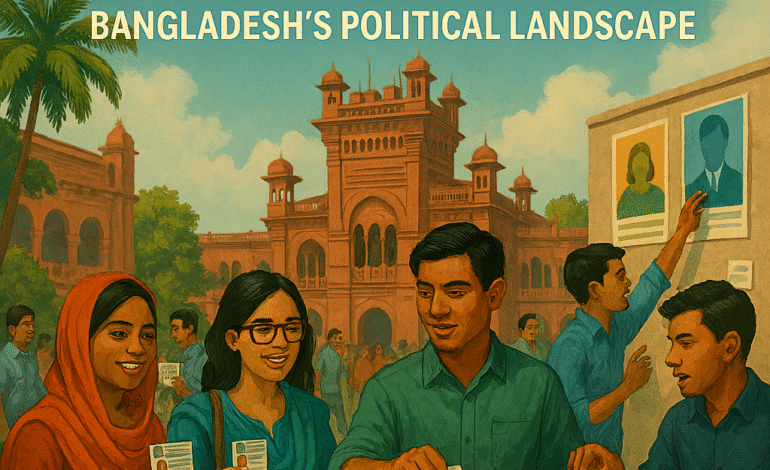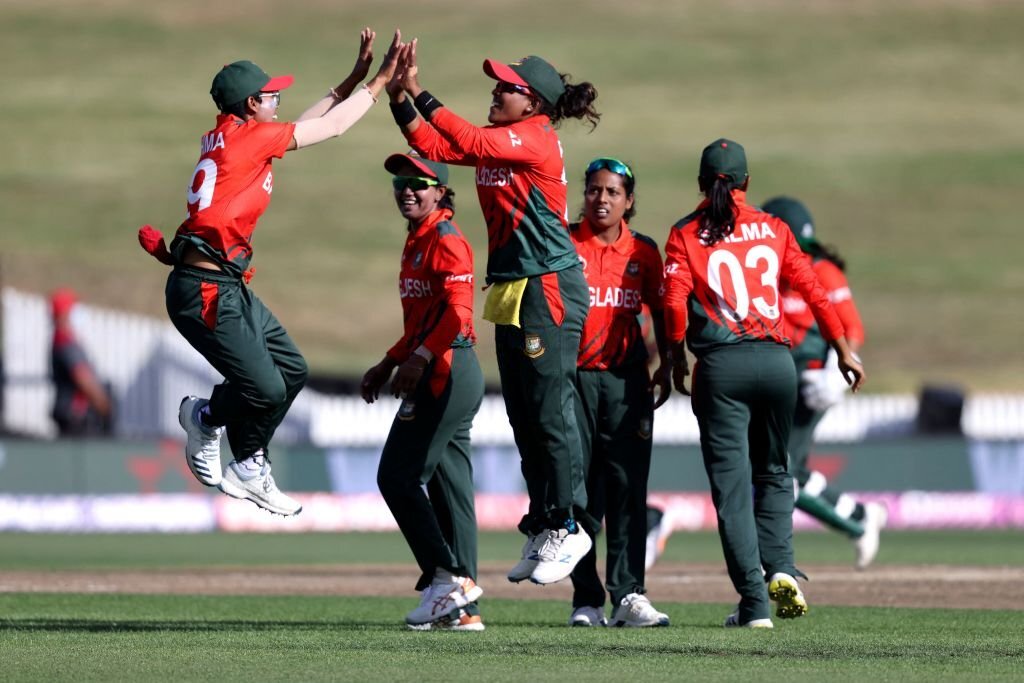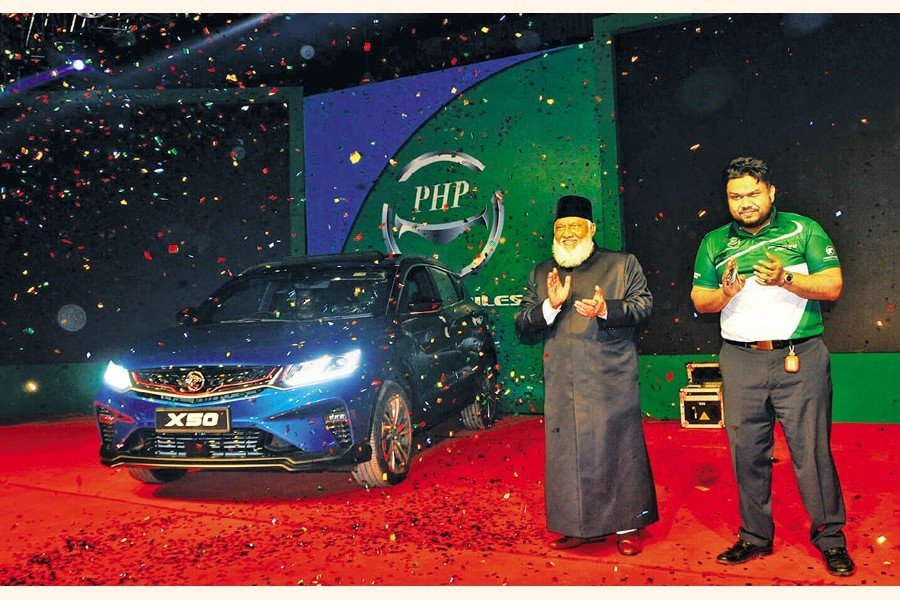The Dhaka University Central Students’ Union (DUCSU) election of 2025 has emerged as a watershed moment in Bangladesh’s political history. For the first time since the country’s independence in 1971, the Islami Chhatra Shibir (ICS), the student wing of Jamaat-e-Islami, has secured a dominant position in DUCSU, winning nine out of the twelve major posts, including the Vice President (VP), General Secretary (GS), and Assistant General Secretary (AGS) (India Today). This unprecedented victory has not only reshaped campus politics but also sent ripples through the national political arena.
An important aspect of the DUCSU Election 2025 was the unprecedented level of student engagement and voter turnout, which reached nearly 85%, the highest in decades. This surge in participation reflects a broader trend of political awakening among Bangladesh’s youth, who are increasingly aware of the impact of student governance on national politics. Social media platforms played a pivotal role in mobilizing students, enabling candidates to connect directly with the electorate and share their visions in real time. Campaign themes ranged from advocating for campus infrastructure improvements, mental health support, and academic reforms to broader societal issues like corruption, climate change, and democratic accountability. The diversity of these campaign agendas demonstrates how Dhaka University students are not only focused on immediate campus concerns but are also thinking critically about the long-term political and social trajectory of the country.
DUCSU Election: A Historic Outcome
The DUCSU election, held on September 9, 2025, was anticipated to be a routine student body election. However, the results defied expectations. Candidates backed by the ICS-led alliance clinched 23 out of the 28 contested posts, marking a significant departure from the traditional dominance of the Bangladesh Chhatra League (BCL) and the Jatiyatabadi Chhatra Dal (JCD) (The Daily Star).
The victorious panel, led by Md Abu Shadik (Shadik Kayem) as VP and SM Farhad as GS, attributed their success to a campaign rooted in the ideals of the “July generation,” a reference to the youth-led protests that led to the ousting of former Prime Minister Sheikh Hasina in 2024 (AP News). Their platform emphasized unity, meritocracy, and a departure from the entrenched political dynasties that have long dominated Bangladesh’s political landscape.
The Shifting Dynamics of National Politics
The implications of the DUCSU election results extend far beyond the confines of Dhaka University. Political analysts view this outcome as a precursor to potential shifts in the national political environment. The ICS’s success signifies a resurgence of Islamist student politics, challenging the traditional dominance of secular student organizations aligned with the Awami League and the BNP (www.ndtv.com).
Conversely, the defeat of the BNP’s student wing, the JCD, has been described as a “rude awakening” for the party. Observers suggest that the JCD’s organizational weaknesses, prolonged absence from campus politics, and ineffective campaigning contributed to its poor performance (The Daily Star). This setback has raised questions about the BNP’s relevance among the youth and its ability to mobilize support in the upcoming national elections.
The Jamaat-e-Islami, buoyed by the ICS’s triumph, now faces the challenge of translating this student wing success into broader political gains. While the ICS’s victory has injected new energy into the party, its influence remains limited due to the party’s ban from participating in national elections (Reuters).
The Emergence of New Political Forces
Amidst the evolving political landscape, new political entities are gaining prominence. The National Citizen Party (NCP), founded by student leaders who played a pivotal role in the 2024 uprising, aims to provide an alternative to the traditional political parties. Led by Nahid Islam, the NCP advocates for a new democratic constitution and seeks to bridge the divide between the Awami League and the BNP (Financial Times).
The NCP’s rise reflects a growing disillusionment among the youth with the established political order. Their emphasis on meritocracy, transparency, and accountability resonates with a generation eager for change. However, the NCP’s ability to translate its grassroots support into electoral success remains to be seen
The Role of the Interim Government
The interim government, led by Nobel laureate Muhammad Yunus, has played a crucial role in facilitating the peaceful conduct of the DUCSU election. The absence of political violence during the election process has been hailed as a positive development, showcasing the potential for peaceful democratic processes in Bangladesh (AP News).
However, the interim government’s tenure has been marked by challenges, including delays in implementing promised reforms and tensions over the timing of the next national elections. These issues have contributed to political instability and public dissatisfaction, underscoring the need for comprehensive reforms to restore public trust in the political system.
Looking Ahead: The Future of Bangladesh’s Political Landscape
The DUCSU election of 2025 has underscored the dynamic nature of Bangladesh’s political landscape. The rise of new political forces, coupled with the shifting allegiances and strategies of traditional parties, indicates a period of political realignment. The youth, disillusioned with the status quo, are increasingly seeking alternatives that align with their aspirations for a more inclusive and democratic society.
As the country approaches the next national elections, the lessons from the DUCSU election will likely influence campaign strategies and voter behavior. Parties will need to adapt to the changing political climate, addressing the concerns of the youth and demonstrating a commitment to reform and accountability.
In conclusion, the DUCSU election of 2025 has not only reshaped campus politics but also set the stage for a broader political transformation in Bangladesh. The outcome reflects a desire for change and a shift towards a more dynamic and responsive political environment. As the nation moves forward, the challenge will be to harness this momentum to build a political system that truly represents the will and aspirations of its people.

